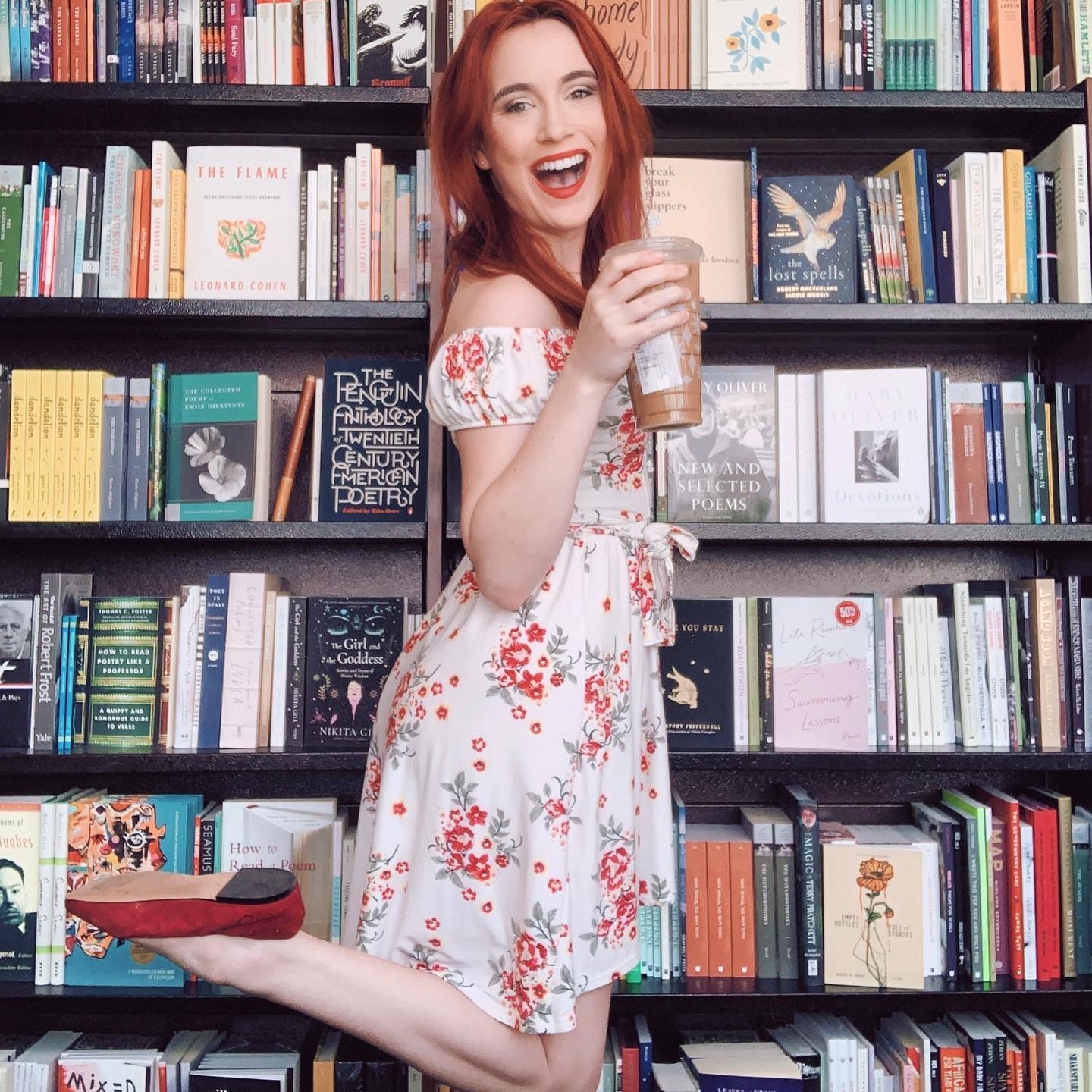Jeremy Allen White‘s recent Calvin Klein video advertisement has sparked a substantial craze among women on social media, not because of their high-quality underwear, but because of one man’s highly defined abs.
Each frame of the video advertisement features seductive stares and promiscuous attempts at fitness which go far beyond promoting clothing and cross over into solely profiting off of the female gaze. Numerous social media users have recorded themselves fawning over Allen White’s physique and provocative demeanor, however, TikTok users like Haleyy Baylle have resorted to using the opening instrumental bars of Lesley Gore’s empowering anthem, “You Don’t Own Me,” which alludes to fans playing the Calvin Klein advertisement on repeat.
The lyrics, which assert a woman’s right to autonomy and reject the idea of being owned, stand in stark contrast to the visual elements of the advertisement, which predominantly focus on arousing male physical characteristics. Despite Allen White’s attractiveness, many have called the musical selection for the advertisement tone-deaf, as it clashes with the advertisement’s central theme of overt sexualization. Audiences pointed out that “they didn’t understand the assignment” and using the song was an “odd choice.”
@saraherin.poet♬ som original – CNNPop
Many people also shot up to Lesley Gore’s defense, stating how she was an advocate for women’s and LGBTQ+ rights, so associating her feminist ideas with overpowering displays of male sexuality is “disrespecting her name.” This unexpected pairing raises thought-provoking questions about the ad’s messaging, as the song’s lyrics inherently advocate for women’s freedom from objectification.
Listed as one of the best feminist songs by TimeOut, “You Don’t Own Me” served as a public service announcement for controlling men and an outcry of solidarity for women. It supports a “second-wave feminist movement and continues to make an impact.” Gore asserts that she will not conform to society’s expectations of women or be put on display. She captures the essence of a woman who values her individuality and self-expression, liberated from the constraints of objectification. This song stands as a timeless reminder of respecting women’s agency and their right to be treated as people rather than possessions. In the context of the Calvin Klein advertisement, where sexualization takes center stage, the empowering message of the song seems diluted, if not contradicted.
The imagery, dominated by suggestive scenes, hinders the viewer from digesting Lesley Gore’s well-articulated point that women (and people) are worth more than just their bodies.
To better explore this intriguing phenomenon, it is essential to dissect the juxtaposition of visuals and audio and draw a sharp contrast with a successful campaign: Cate Blanchett’s Giorgio Armani advertisement. It uses Lesley Gore’s “You Don’t Own Me” as well, but the visuals seamlessly align with the empowering essence of the chosen soundtrack. Each scene of Blanchett’s advertisement communicates the ability to hold her own while experiencing certain joys in life like jumping out of a plane, carrying her own parachute, and later, picking out a bold red dress to wear when she goes out on the town as a single woman. The Giorgio Armani perfume, encased in a similarly eye-catching red bottle and aptly named “Sí”, conveys the attitude of female empowerment that Gore sings about.
Cate Blanchett’s Giorgio Armani video advertisement achieves a harmonious marriage between its soundtrack and visuals. The chosen music, presumably aligned with the brand’s ethos for the perfume’s prompt—“What if you said Sí?”
Armani and Blanchett stress the importance of saying yes to “freedom, life, myself, and sun.” They also include elements of love and seduction by following the woman’s lead in relation to her own happiness rather than by prioritizing the wants of men, which enhances the overall impact without creating dissonance. The video advertisement communicates strength, sophistication, and empowerment, seamlessly integrating these elements with the song lyrics to convey a unified message.
Fans of Blanchett have taken to TikTok to express how they associate the “Sí” perfume advertisement with the opening instrumental notes of “You Don’t Own Me.” One user started a chain reaction in the comments by stating, “To be honest, I thought they were all watching Cate.” Many reflected on how the empowering attitude Blanchett portrays is the reason they originally bought and continue to wear the perfume.
In comparison to Giorgio Armani’s advertising approach, the disconnect between the Calvin Klein advertisement and its musical selection raises important questions about the responsibility of advertisers in conveying meaningful messages. In an era where social consciousness and empowerment are at the forefront of public discourse, the misalignment between a powerful anthem and provocative visuals can be seen as a missed opportunity.
Social media users that consume this content cannot help but question the creative decision-making behind this unexpected song pairing. Some could argue that the dissonance is intentional, aiming to challenge societal expectations and spark conversations about the intersection of strength and sexuality. Others, however, could contend that it may be a case of misalignment, where the creative components fail to blend effectively and dollar signs outweigh the objectifying subliminal messaging. This impact on TikTok users, who play a crucial role in shaping cultural conversations, further emphasizes the need for careful consideration in artistic choices when revolving consumerism around sexual attractiveness.

















